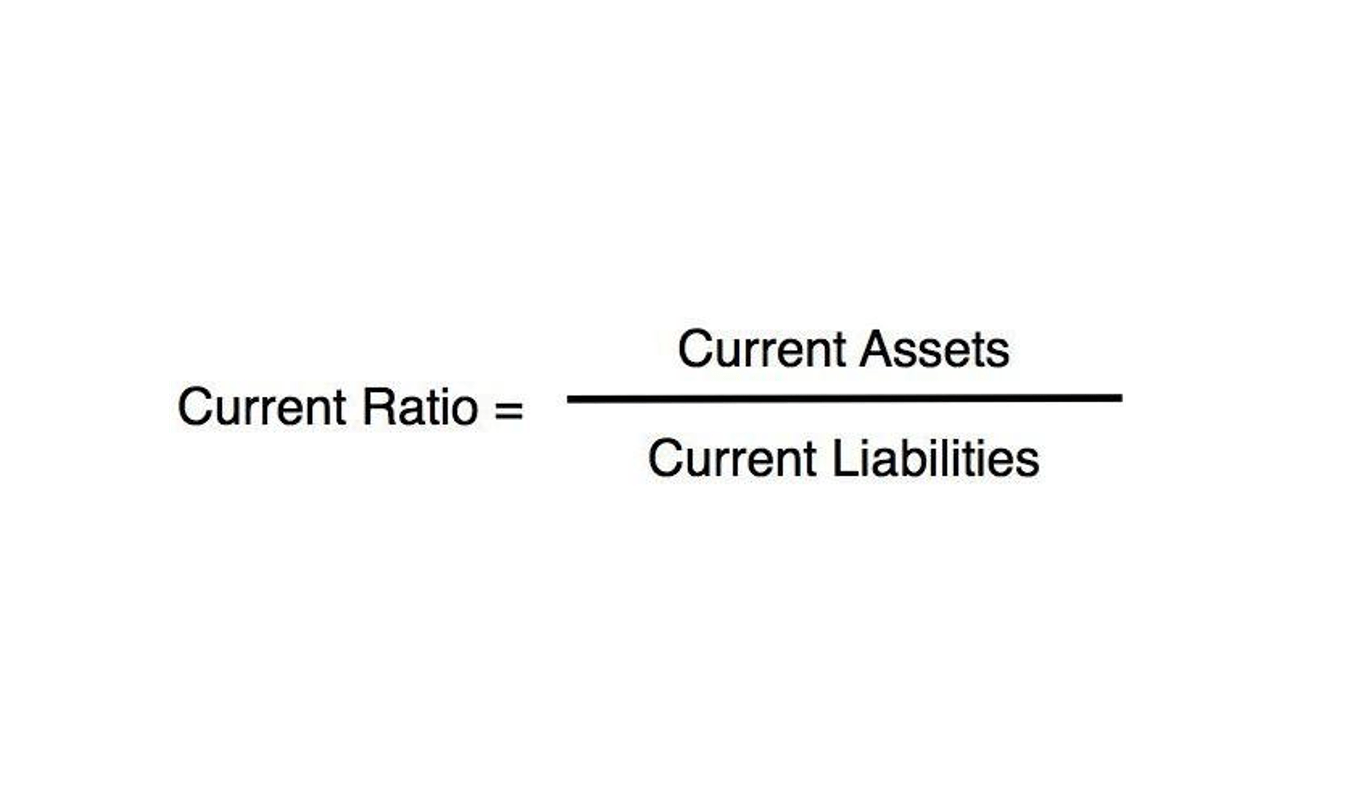The Difference Between a Wage and a Salary and Why It Matters

Unlike hourly wages, which can fluctuate based on the number of hours worked, a salary ensures that employees receive a fixed amount of money at regular intervals, typically monthly or bi-weekly. One key difference between salary and wages lies in the flexibility of working hours and overtime compensation. Employees on a salary are typically expected to work a set number of hours per week or month, with the understanding that they may need to work additional hours without receiving extra pay. Wage positions, on the other hand, may have limited income potential, as the hourly rate or piece-rate system may not provide the same opportunities for significant increases in earnings. However, it is important to note that some wage positions may still offer opportunities for advancement, especially in industries where employees can acquire new skills or move into supervisory roles.

Overtime Compensation In Wage & Salary
- Workers who get paid wages usually have non-exempt jobs, which means they can get extra pay when they work more than their regular hours.
- We often hear the terms “salary” and “wage” in the working world, each signifying different ways of paying employees.
- If you are managing a team of 5 or more and looking to boost efficiency, Everhour is the perfect tool to keep your team on track.
- Receiving a salary provides consistent and predictable income, offering financial stability for individuals.
- → Wages fluctuate based on the number of hours worked, and overtime pay can significantly increase earnings if employees work beyond regular hours.
- With an hourly wage, workers may find it easier to keep their work and personal lives separate.
→ Wages fluctuate based on the number of hours worked, and overtime pay can significantly increase earnings if employees work beyond regular hours. Earning wages provides flexibility in terms of working hours and allows for immediate compensation for additional work through overtime pay. It’s akin to being paid for each stroke when painting a picture rather than receiving a flat fee.
Hourly Basis
Depending on your field, this means you might find yourself gym bookkeeping grinding away well beyond the standard 40-hour work week. The way in which wages are structured can have a big impact on how much money employees make. For example, piece-rate wages pay workers based on the amount of work they do or the tasks they complete, which directly affects how much they earn overall. In the battle between salary vs wage, there isn’t a one-size-fits-all answer to the question of which is better. The ideal compensation structure depends on the unique dynamics of your business, the nature of each job position, and the preferences of your employees.
- Knowing the distinction between wages and salary can help make informed decisions in professional paths and finances.
- The term salary is the agreed upon amount of money between the employer and the employee that is extended at regular intervals on the basis of an individual’s performance.
- Everhour, as a powerful time tracker, seamlessly bridges the gap between pay structures by ensuring accurate time monitoring.
- Although salaried employees are guaranteed a fixed wage, a salary often comes with expectations that you’ll go “above and beyond” at your job.
- This section delves into the merits and demerits of a salary-based compensation structure.
- Depending on your field, this means you might find yourself grinding away well beyond the standard 40-hour work week.
Top 5 Differences

Salary pay brings stability and predictability, making it suitable for full-time employees with consistent work hours. On the other hand, hourly wages provide flexibility, catering well to part-time workers or roles with varying schedules. The choice between the two often lies in finding the right balance that aligns with your business’s needs. When it comes to income potential and career advancement, salary and wages can differ significantly. If your employer cuts your hours one week, then you only earn as much as you get to work. Per the wages are different than salaries because wages are: Fair Labor Standards Act (FLSA), employees must be paid time and a half for any hours beyond 40 worked during a week.
- In addition to the standard payment structure, salaries may include additional components such as commissions or performance bonuses.
- Whether one is a wage earner paid by the hour or a salaried individual, knowing the factors that determine overtime eligibility helps navigate the complexities of the employment landscape.
- On the other hand, salary typically remains consistent regardless of the actual number of hours worked.
- While salaried employees may enjoy the flexibility of not being bound by strict working hours, it can also mean that they may end up working longer hours without any additional compensation.
- Let’s unravel the distinctions to understand the criteria that influence overtime eligibility in the context of wages and salary.
- Wages and salaries are subject to different labor laws, especially regarding payment frequency and overtime eligibility.
- Individuals with more experience or higher levels of education often command higher wages than those with less experience or education.
Unlike wages, which are typically non-negotiable for hourly workers, salaries can be influenced by negotiation and market demand. Wages can vary more than salaries because they depend on factors such as the amount of hours worked and any overtime. Knowing the distinction between wages and salary can help make informed decisions in professional paths and finances. This distinction is crucial as it determines how workers are remunerated for their additional hours of service. Wage earners have the gross vs net opportunity to control their income by adjusting the number of hours worked each week.
- These positions may not qualify for overtime but can offer additional benefits like bonuses and health insurance.
- → Wage-based employees are often found in roles that require a variable schedule, such as retail, hospitality, and manufacturing jobs.
- While wage earners enjoy the right to receive additional payment for working beyond regular hours, salaried employees’ eligibility depends on their classification under FLSA regulations.
- When applying for a job or negotiating a raise, individuals have the opportunity to discuss and potentially increase their salary based on factors such as experience, qualifications, and industry demand.
- Several businesses provide increased compensation for hours worked that exceed the regular full-time hours.
- It is often expressed as an annual figure and is not dependent on the number of hours worked.
The distinction between wages and salary is closely linked to whether an employee holds an exempt or non-exempt position under labor laws. Workers who get paid wages usually have non-exempt jobs, which means they can get extra pay when they work more than their regular hours. Understanding these distinctions is vital for both employees and employers to ensure compliance with labor laws and fair compensation practices. Whether one is a wage earner paid by the hour or a salaried individual, knowing the factors that determine overtime eligibility helps navigate the complexities of the employment landscape. While salary provides a sense of stability and the assurance of a fixed income, wages can offer more flexibility for individuals who prefer short-term or part-time employment. Salary is a fixed amount of money paid to an employee on a regular basis, typically on a monthly or annual basis.


The distinction between exempt and non-exempt status plays an important role in determining an employee’s entitlement to overtime compensation. In addition to these advantages, salaries may also include bonuses and other forms of additional pay based on performance or company success. Therefore, being offered a salaried position signifies that the employer sees potential in the employee’s long-term growth within the company. This presents an attractive opportunity for individuals looking to maximize their earnings without committing to a fixed salary position. When discussing salaries, they are often expressed as an annual figure rather than hourly or weekly rates. This means that when someone mentions their salary, they’re referring to what they earn over the course of a year.

The Difference Between a Wage and a Salary (and Why It Matters)
Conversely, a living wage is calculated to cover fundamental expenses such as housing, food, and medical care.
